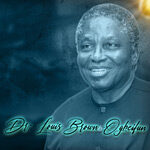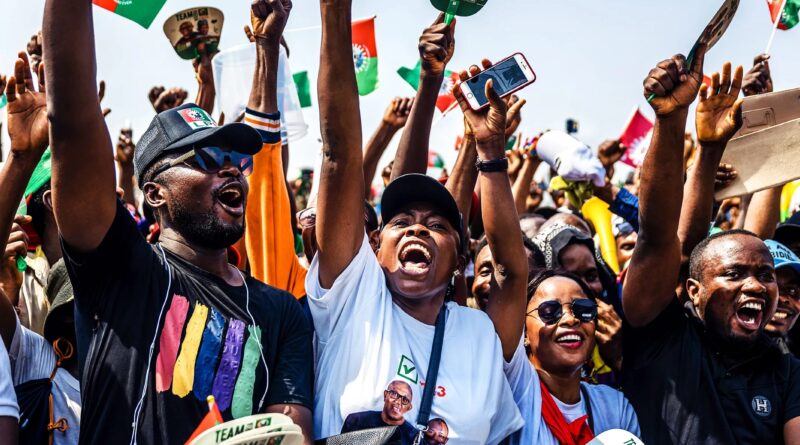Beyond ‘Our Own’: The Dangerous Cost of Ethnic and Political Loyalty in Nigeria’s Governance
The scripture says, “Woe to those who call evil good, and good evil, who take darkness for light, and light for darkness, who take bitter for sweet, and sweet for bitter.” Isaiah 5:20, and sadly, that is what the cut and paste from all the grammar blown by some unknown “Bred and Born Solomon” authors canvassed in many of the posts on several platforms tend to suggest. Many authors have no human face but social media imaginations to protect “their own.”
As a democrat, nothing will make me support taking power through the barrel of the guns. Good or bad, let us wait and vote out bad people when it is time to do so. But that should not stop us from pointing out any act of misgovernance to them that would hurt the masses.
Last year, I was in a gathering when the issue of a former minister, who was alleged to have bought a bra worth $2.5 million in a country where most people go to bed hungry, was mentioned. Most said, “Na we daughter—the oil na we own. So, wetin be the problem?” Matter closed.
Unfortunately, those in the habit of protecting our own and defending corruption or bad governance are like me, who cannot change their cars frequently or buy mansions in Abuja. So, you wonder what the motives are.
Protecting “our own” has been with us since the foundation of life, and I do not see that changing soon. But regrettably, many of us forget that eight years of “our own” will always come and go, but the unintended consequences of protecting what is wrong will remain with us.
Buhari “Na we own (NWO),” yes! We protected him, and he left after eight years. Are we Nigerians not in the same boat navigating through the storms of what he left behind? When Buhari was there, they labeled those who spoke against the ills of that time wailers, while the pro-Buhari were labeled hailers. Today, how market? Do we have different markets for the hailers and wailers of then? Do they supply the then hailers with rice and palliatives all year round and leave out the hailers? I have them as friends and neighbors, and their situation is like an “I better pass my neighbor” generator.
Tinubu is in Aso Rock today; he “is our own (IOO),” and we must protect him. But eight years will soon be here. After him, what next?
Many of those critiqueing the government’s policies, are not the enemies of Tinubu. Unfortunately, the cronies of the government would make it feel you are, yell at you and use social media to bully you. But you, the critic, want the leader to do better, hence the airing of your views, not neceassarily for a regime change through the backdoor. I have often said that once the Supreme court affirms a person as haven won an election, those willing to take over from the incumbent should wait for the next election cycle.
NOW syndrome is in our DNA, but nationalists and patriots in developed countries are trying to play down “Our own syndrome” (OOS). So, those who want a better Nigeria must strive to change this OOS or NOW mindset and the IOO trajectory. Protecting and promoting OOS has left Nigeria in a dysfunctional, disintegrating, parlous, and dangerous state. OOS led to the formation of many militant groups in the Niger Delta, and still there to be reawakened at the opportune time. It also led to the formation of Boko Haram, the kidnapping of the Chibok girls, the snatching of ballot boxes, and the attack on non-indigenes who refused to vote the OOS way. Have we not paid enough price through bloodshed for the OOS, and at what point would we change our perspective and behavior on the issue of OOS?
If things must change, we should learn to hold our leaders accountable at the local government, state, and federal levels, regardless of tribe or religion. We should not cease demanding the best for our nation from elected or public office holders because doing so cannot be a one-stop shop, and we have the power to bring about this change.
Until we see less of the Yoruba, Edo, Igbo, Hausa, Ijaw, Idoma, Urhobo, Itsekiri, and Fulani, etc., in us, which does not make us less of who we are but would add more excellent value to our nation-building, Nigeria will continue to run in cycles of wants.
Unless we see ourselves as Nigerians, devoid of state of origin, the expected gains of democracy and the development of our people will not happen.
Grace and peace!!!




